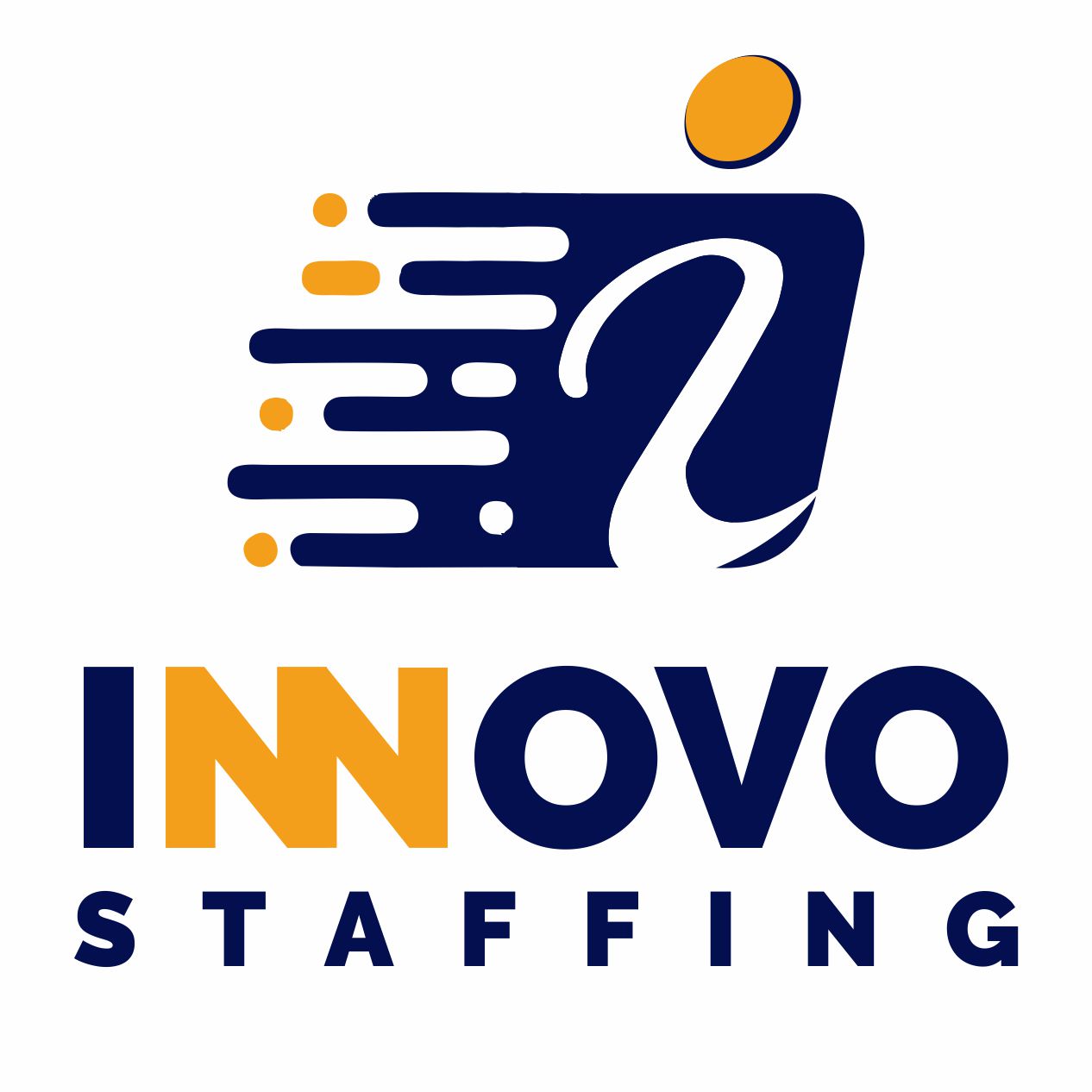Investor info rooms accustomed to be physical spaces in which investors would probably gather and review company papers as part of the homework process. Nowadays, these are generally digital spots that permit easy sharing of files with businesses and offer benefits such as secureness and defined layouts. Whether you are looking to get ready for a buyer, a sale or acquisition, a virtual entrepreneur data space is one of the most critical pieces of your startup’s history.
A well-organized investor data room will incorporate a variety of different documents, coming from strategic ideas and product roadmaps to legal agreements, financials plus more. While the specific set of paperwork review will change by level (seed-stage startup companies typically focus on market styles, regulatory adjustments and your workforce, whereas growth-stage companies could possibly highlight levers to develop gross margin or item expansion), there are some documents that many company will need in place.
As an example, seed-stage businesses should have a legal folder containing articles of incorporation, perceptive property info and cover tables (a desk indicating who owns what percentage of the company). For Series A and beyond, this certainly will be augmented with detailed financial records including cost-of-goods sold, margin by route, cash flow assertions and income and reduction statements.
Finally, any info room should also include a section on your team. This is certainly as simple as a 1-pager that describes the vision and team, or it may add a more complete bios record for the very best management workforce. Ideally, this should be bundled with your investor data place so that businesses do not have to leave the platform to share opinions or queries. This will help reduce a founder’s worst problem of having delicate information leaked out to rivals or portfolio companies.
